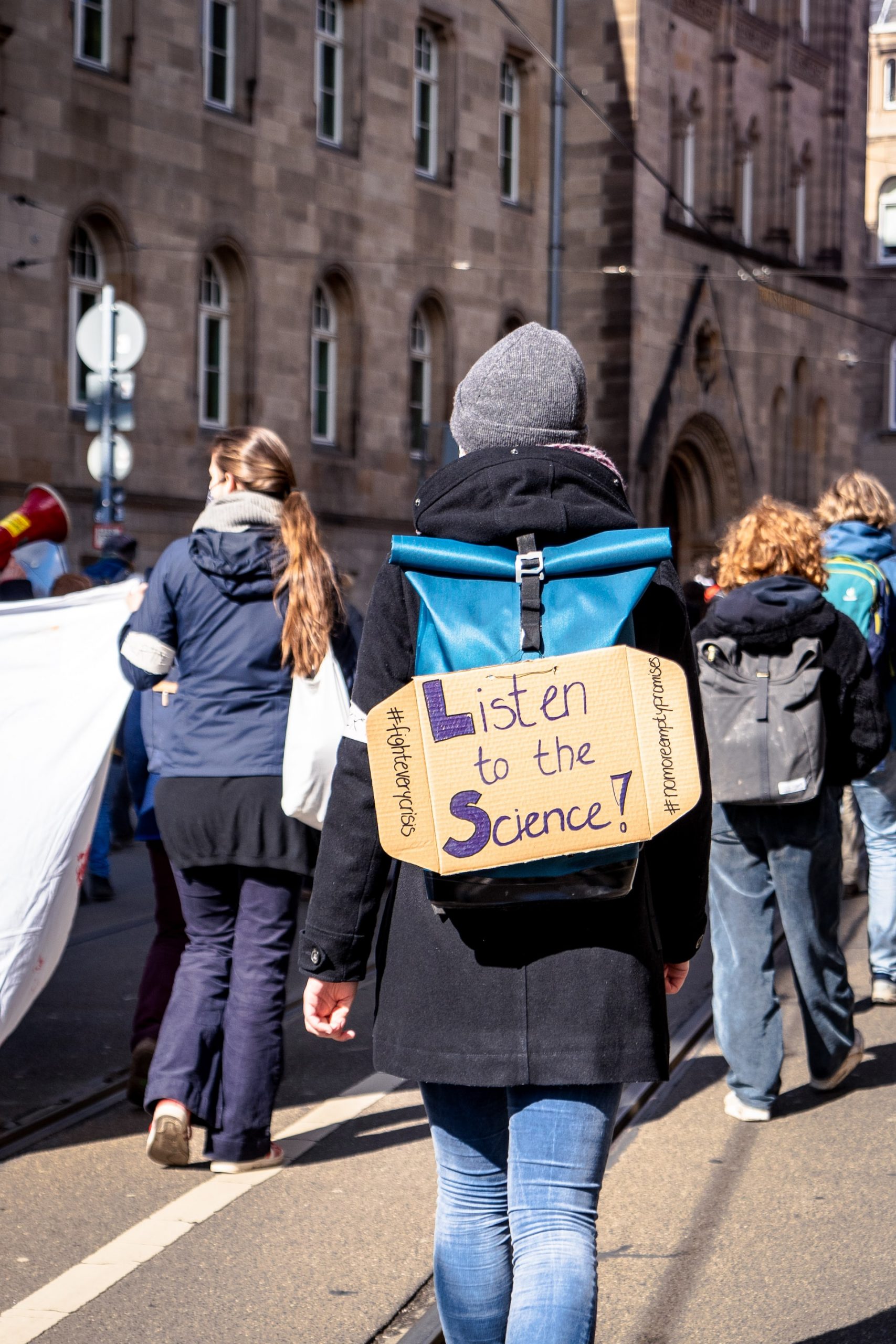
Received from Dr Raymond Noble, PhD, Medical Ethicist, Institute for Women’s Health, University College London, Editor for Voices from Oxford. Posted 6th April 2020
This post is part of a series on the Coronavirus pandemic, including To Mask or Not to Mask (1 April), The Three T’s Again– Test, Trace, Treat (3 April) and Why do we walk toward danger? (4th April)
It is increasingly clear that the government and public health authorities were ill-prepared for the COVID-19 pandemic. Key resources for front line health staff are in short supply. Doctors and nurses are putting themselves and their loved ones in harm’s way because they have to make-do with inadequate protective clothing. We owe them so much each day.
Shortages and misinformation bedevil the government’s attempts to get ahead of the curve. Lack of testing means we are in the dark. It is a blind strategy. Those countries that followed the WHO recommendation to ’test, test, test’ are those that have succeeded in flattening the curve.
We are still waiting for tests for the public. Yet still there is confusion from the Secretary of State for Health over when and how this testing will be done. The truth is that we do not have a clear strategy. Policy has been a shambles. And then there is the issue of face masks.
The deputy chief medical officer for England said at a COVID-19 press conference that there is no evidence that wearing masks prevents the spread of the virus. This isn’t strictly true.
Studies have found that the problem lies in inconsistency in wearing them, particularly in those countries where they are not worn habitually. In a study published in 2009, it was found that household use of masks is associated with low adherence and is ineffective in controlling seasonal flu. Nevertheless, it concluded:
“If adherence were greater, mask use might reduce transmission during a severe influenza pandemic.”
The problem then is inconsistency in use. But there really is no evidence that wearing a mask is not protective of itself.
The Deputy Chief Medical Officer then went on to say that the wearing of masks was ‘cultural’. That does not mean it is without protective effect, although it being ‘cultural’ might make it more effective because the use is consistent.
Critically, a more recent study published this month in Nature Medicine shows clearly that surgical face masks can prevent transmission of human coronavirus and influenza virus from infected individuals.
When George Gao, head of the Chinese Center for Disease Control and Prevention was asked in an interview for Science what lessons could be learned from the Chinese experience he replied:
“The big mistake in the U.S. and Europe, in my opinion, is that people aren’t wearing masks. This virus is transmitted by droplets and close contact. Droplets play a very important role—you’ve got to wear a mask, because when you speak, there are always droplets coming out of your mouth. Many people have asymptomatic or presymptomatic infections. If they are wearing face masks, it can prevent droplets that carry the virus from escaping and infecting others.”
So, why then is wearing face masks not adopted in the United Kingdom.
The problem is both logistical and ethical.
It is clearly unethical to give false information to the public about face masks. At the outset there was insufficient evidence for officials to suggest they were effective or at least helpful in giving protection against the virus in a public setting. The best that could be said was that they had insufficient data to recommend them. This does not mean they are not of benefit. Yet, assertions were made that they were of no benefit. This mantra was repeated without question by the main media science/medical journalists. They did so as if the evidence was certain, which it was not.
But, there are now two other problems:
1) If we switch now to recommending people wear face masks it might further overwhelm the supply. There are already problems being experienced by health workers and carers in getting protective kit. Is it ethical now to recommend action that could further exacerbate the shortage for key frontline people?
2) As the weather improves and the temptation to go out increases, would the wearing of face masks give a false sense of security, so people stop being sufficiently careful in social distancing? Where is the sweet point where benefit sufficiently overwhelms the risks?
These are not easy questions to answer. A number of risks come from inappropriate use of face masks. Continuing to use the same face mask brings with it the possibility of picking up the virus from the face mask itself. So, if we wear them, where would we get a sufficient supply to change them frequently enough?
Meanwhile, we must stay focused on social distancing and hygiene.
You can find more on COVID-19 at Dr Noble’s blog The Thin End
Posted by Denis Noble



